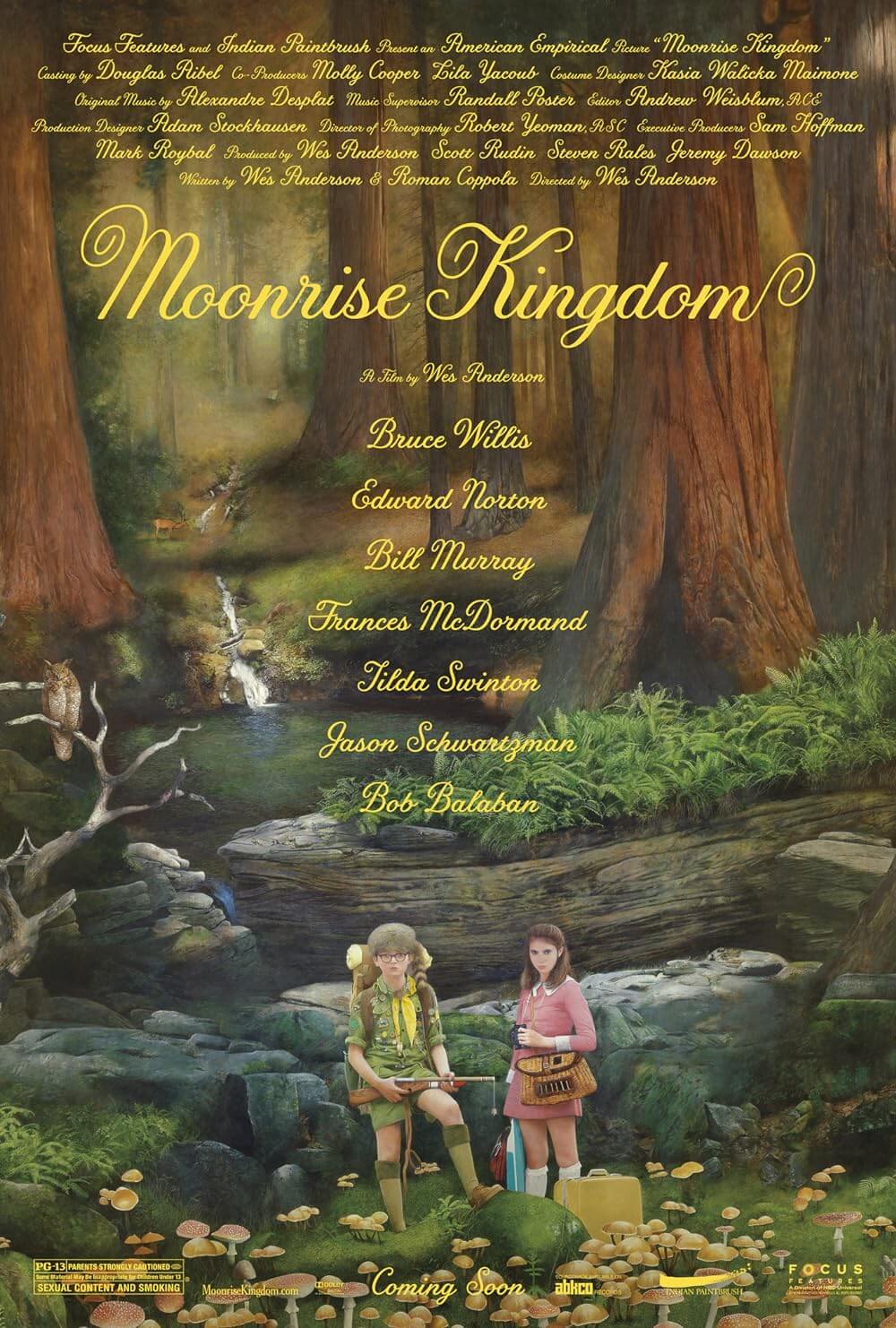
The Land of Steady Habits
By Brenda Harvieux |
While watching Nicole Holofcener’s latest film The Land of Steady Habits, based on the novel by Ted Thompson and released on Netflix, I was searching for the significance of habits or the breaking thereof. The upper-class characters in this film certainly have a lot of habits: drinking, drugs, smoking, shopping, gambling, plastic surgery, primping their homes, extra-marital affairs, one-night stands, commuting to their high-paying jobs day in and day out. But this film is about characters trying to break habits, how they do or don’t, the positive and negative consequences that follow, and, eventually, forgiving and moving on.
The Land of Steady Habits follows Anders (Ben Mendelsohn) in his period of adjustment after initiating major life changes due to a midlife crisis. Six months before the film’s opening scene, he retired early from a job in high finance to get away from the “monstrous greed” he faced daily. An admirable choice, especially considering the strain it puts on his relationships with family and friends who have jobs that rake in the dough. The story doesn’t praise him as an anti-bourgeoisie hero though. In scenes like the one where an acquaintance at a party asks what Anders has been doing with his life, and Anders lies, saying he’s been doing charitable work for “diseases—on the cancer spectrum,” the film calls him out on his hypocrisy. This class rank based on employment status and net annual income among friends, family members, and romantic partners is a common theme in Holofcener’s other films (see Friends with Money and Enough Said).
Typical to male-in-midlife-crisis form, Anders has divorced his wife Helene (Edie Falco) to partake in sexual freedom, which amounts to a string of unsatisfying one-night stands with women he meets at stores he’s shopping at to decorate his new townhouse bachelor’s pad. At the same time, he hasn’t been paying the mortgage for six months on the house he agreed to let his ex-wife keep in the divorce.
He does drugs with teenagers, including the son of family friends Sophie (Elizabeth Marvel) and Mitchell (Michael Gaston), Charlie (Charlie Tahan), who has issues with drug addiction. Anders and Charlie form a friendship—a problematic choice, considering the age difference and the fact that Anders’ son Preston (Thomas Mann) is a recovering addict—with Anders seeking youthful escape, pain-numbing drugs, and some hope for the potential of youth. Charlie shows talent in his graphic novel and counter-culture ideas, unlike Anders’ adult son Preston, who seems directionless. Charlie is seeking approval from the cool adult who he actually relates to and provides him with positive feedback on his artistic endeavors.
But Charlie criticizes Anders for trying to go “halfway;” he points out that Anders may have gotten out of the elitist trenches to find his more authentic self, but he’s still going to parties hosted by rich friends and still seems to care what others think of his actions. Not to mention that he’s still driving a BMW and has enough disposable income to buy embellished, fake lobster traps to decorate his high-end townhouse.
Anders’ relationship with his son is strained. Preston, while he might understand his dad’s desire to escape the rat race, is also mad at him for dumping his mom. Often nagging on Preston to grow up, Anders thinks it’s absurd that Preston still lives at home and can’t keep a job. He refuses to let Preston stay with him after Helene kicks Preston out of the house for gambling. Ironic, considering the often juvenile acting out and financial irresponsibility of Anders.
 People around him label Anders selfish, as they judge him for not having enough money, in another example of hypocritical ideals. Helene and Preston are used to the comfortable life that Anders’ employment at high-paying yet often morally bankrupt financial firms has provided them. Helene has started a relationship with a wealthy man, Donny (Bill Camp), to replace Anders, something that annoys and hurts Anders even though he’s the one who left and has been having meaningless sex with numerous women since the divorce. Helene is knocked off her moral high horse though when it’s revealed that she’s been having an affair with Donny for two years before she and Anders got divorced.
People around him label Anders selfish, as they judge him for not having enough money, in another example of hypocritical ideals. Helene and Preston are used to the comfortable life that Anders’ employment at high-paying yet often morally bankrupt financial firms has provided them. Helene has started a relationship with a wealthy man, Donny (Bill Camp), to replace Anders, something that annoys and hurts Anders even though he’s the one who left and has been having meaningless sex with numerous women since the divorce. Helene is knocked off her moral high horse though when it’s revealed that she’s been having an affair with Donny for two years before she and Anders got divorced.
It may sound like the viewer is meant to despise Anders, but one both likes and dislikes him—you see his many faults but often understand where he’s coming from, and he’s usually very kind, loving and funny. When he meets a drunk, “trying to be hip” Barbara (Connie Britton) at a strip club that his friend dragged him to, and Barbara’s shitty date convinced her to go to, he’s a gentleman when her date ditches her for a stripper. Anders helps her as she’s throwing up in a bathroom and arranges a cab to drive them to their separate homes. Though, out of habit, he gives his old address and winds up sneaking around in his ex-wife’s house and causing a scene. But, he sincerely apologizes the next day. Anders is there for Preston when he has a traumatic experience, yet, he might have been able to prevent that experience from happening at all. He starts a relationship with Barbara but is cruel to her when he has performance problems in the bedroom. Then the last scene shows them having a pleasant dinner together, which Anders has prepared in his home after taking cooking classes. When Charlie decides to run away to avoid going to rehab, he pleads with Anders to take care of his pet turtle, who he is very attached to. Anders refuses at first. Then, also in the last scene, the viewer sees that Anders has made a nice aquarium home for the turtle.
Holofcener’s film shows both the positive and negative aspects of Connecticut’s upper-class citizens through polished, straightforward filmmaking that doesn’t pass severe judgment on its characters but also doesn’t let them off the hook for their actions. The characters, despite not all of them having vast amounts of screen time, are complicated, real and fully developed. On the surface, some characters might seem like stereotypes, but then they do something surprising—like when typical, even-keel rich-guy Mitchell tackles Anders and violently puts out his cigar on his forehead. Anders is left with a scar—a constant reminder of the consequences of his actions, yet also the final catalyst for the main characters to forgive and move on. Is it a coincidence that the scar is at the position of the third eye, a significant symbol in several religious practices, signifying an awakening or enlightenment?
Like the title of the film and one of the state of Connecticut’s unofficial nicknames suggest, these Connecticuter characters are being examined both in negative and positive lights. Calling Connecticut “the land of steady habits” can refer to both the state’s positive and negative traits: the history of tradition, dependability, morals, and political stability have been deemed as complimentary, while that perception can be turned on its head to interpret it as a state of negative aristocratic rule, cronyism, corruption, and hypocrisy.
There’s a lot to unpack in Holofcener’s film, and she is a prime example of a female director who has the chops to handle complicated characters and stories. She’s great at balancing both female and male perspectives in her films, especially with The Land of Steady Habits, which features her first film with a male lead. While she may focus on rich, white people problems a little too often in her story choices, she’s also critical of the characters and situations they create in their upper-crust lifestyles, as well as the importance they place on appearances and status.

Thank You for Supporting Independent Film Criticism
If the work on DFR has added something meaningful to your love of movies, please consider supporting it.
Here are a few ways to show your support: make a one-time donation, join DFR’s Patreon for access to exclusive writing, or show your support in other ways.
Your contribution helps keep this site running independently. However you choose to support the site, please know that it’s appreciated.
Thank you for reading, and for making this work possible.
Brian Eggert | Critic, Founder
Deep Focus Review







